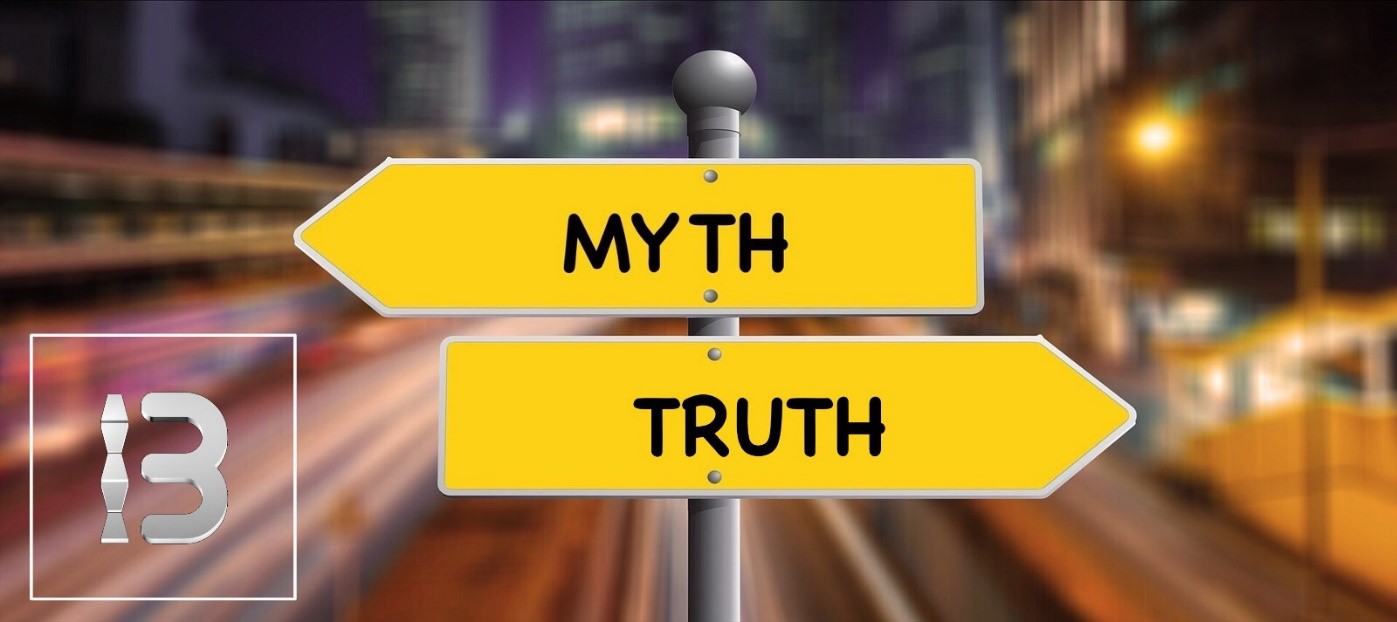
ESTATE PLANNING
Majority Canadians do not have a will – the most basic estate planning step. They should.

WHY DO I NEED A WILL?
If making a will has been always on your to-do list, but you keep postpone it because it is unpleasant, you’re not alone. Studies show that 74% of Canadians don’t have an up-to-date Will, and about 50% of Canadians don’t have a Will at all.
I understand that. Making a will require you to imagine your death which it’s a taboo subject that most people try to avoid.
Dying without a will (intestate) can be more problematic than you realize for the family you leave behind.
- Without a will, you cannot exclude or include the beneficiaries.
Your property will be divided according to the law among your spouse, parents, children and siblings, which may be different from how you would have divided it.
- If you don’t have children, your spouse inherits the entire estate.
- If you have children, your spouse may inherit everything or the first $200,000 and the rest of your assets may be split equally among the family members.
- If you don’t have a spouse, your estate is distributed to other relatives.
- You are unable to take advantage of tax savings after your death.
If you plan your estate, you can reduce the tax paid by your estate to increase the assets available to your family. You would be amazed how little a Will costs comparing with the costs associated with the estate matters.
- There is no opportunity to choose guardians of your minor children. The Public Guardian (government) may take decision about your children’s personal lives.
- Your children may not receive the assets you wanted them to receive and you lose the opportunity to provide a trust for them. When your children reach the age of majority, they will receive all the funds whether or not you have chosen that option.
- The Public Trustee is involved in the administration of your children’s share of estate. The government will decide the financial future of your children and will take a portion of your estate, as their fee.
- Without the will, you don’t have an executor. The closest relative will be appointed by the court to act as the administrator of your estate. Is if your closest relative the best person to manage and distribute your estate? This involves delays, expenses, frustration and potential loss.
- If you have no living relative (next of kin), your entire estate goes to the Ontario government.
- Common law partners or same sex spouses may not inherit anything from your estate upon your death.
- You lose the opportunity to provide your funeral and burial preferences. If you do not have a Will, your appointed personal representative will make funeral and burial arrangements based on their preferences, not yours. Studies show that 60% of Canadians do not have funeral arrangements.
- Your preferred charities won’t receive anything.
- Certain assets that you may have wanted to be kept for your family’s security or investment purposes may have to be sold.
- In the event of common disaster, your estate may go to a relative that you don’t like or you’ve never spoken to.
- A family business may not be able to stay in your family and may be necessary to liquidate the business’ assets.
WHY USE A LAWYER?
The question is, in this age of technology and information, should you hire a lawyer to help you draft your Will, or should you find some forms online and DIY?
There are situations where a DIY Will might be the right choice for you. However, you must understand the implications when you decide to draft your own Will. You must understand that you are drafting an important legal document without any legal advice or guidance.
When should I hire a lawyer?
You may need a lawyer if:
- You are married
- You have children
- You owe a home
- You have more than $25,000 investable assets, including retirement funds
- You have assets overseas like a holiday home
- You run a business and you expect it to form a part of your estate
- Your family position is complicated – perhaps you have children with a previous partner, or you want to make special arrangements for children or a family member with a disability
Benefits of using a lawyer
A lawyer can:
- help you make sure your will is valid
- make sure your Will conforms to legal requirements
- help ensure your Wills is complete
- give you advice to reduce the risk of challenges to your will
- help you accurately list down properties you can dispose of in your will
- deal with the complicated legal issues and help you make the most effective choices.
- safely store the original Will for you in a fireproof safe free of charge
What to expect from your lawyer
Your lawyer will:
- explain your options to help you make decisions about your will
- give advice that’s confidential and puts your best interests first
- write and check your will according to your instructions.

